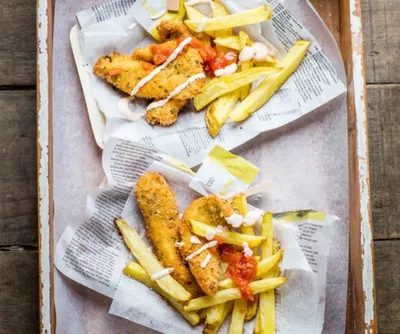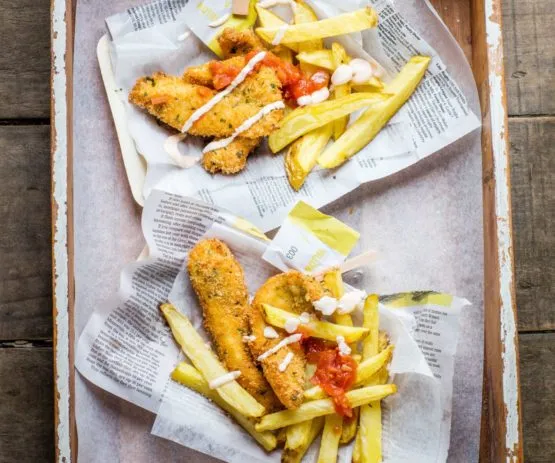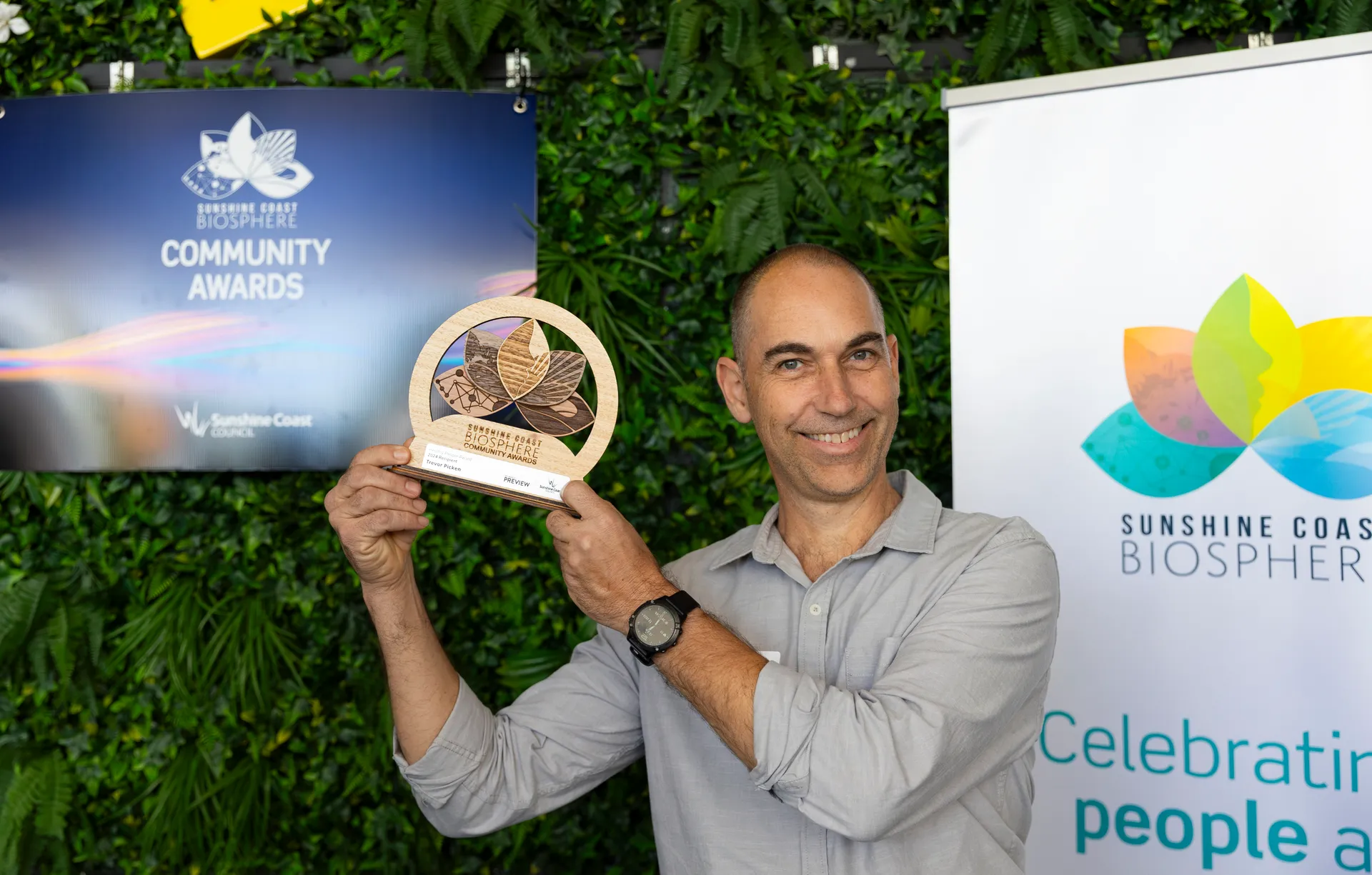Health rules to make life easier

Great health is more than just eating well and exercising. Stress, sleep, caffeine, alcohol, breathing and digestive health are all equally important factors.
Here are a few pointers taken from my book Fresh Start (there are more in the book!), and some super fresh, healthy recipes that will fuel you with lots of goodness, and make you feel great!
- Change your mindset to the glass is half full
Think about what foods you need to add for health instead of subtract. Diets make you feel guilty about indulging in something you 'shouldn't' have. That's a negative approach, and negative thoughts lead to negative outcomes, hence diets simply aren't sustainable. Spin the traditional diet mentality on its head and focus on what you should be having every day (not thinking about what you're 'not allowed'). When you take this positive approach to include all the things your body needs to be nourished, it leaves very little room for the less healthy things. Take a few seconds before you choose a food to ask yourself if it is useful to you, i.e. does it provide lots of useful nutrients?
- Love real food
Real food is food that comes from the ground, sea and sky (not the highly-processed stuff in packets made in factories). It goes off if it's not refrigerated and has a limited shelf life - think of all your fresh produce! This type of food is not the enemy; it is what loves you the most and looks after you! These foods are nutrient-dense, providing the most 'bang for buck' in terms of the nutrients they contain for their amount of calories. Instead of trying to decipher food labels and be fooled by health claims, buy less processed, packaged foods, which are often stripped of nutrients and laden with fat, salt, sugar and preservatives during processing to prolong their shelf life - they provide nothing but empty calories, leaving your body hungry for more food in an attempt to gain the nutrition it needs. Real food provides you with essential vitamins and minerals needed for your body's cells to function.
- Stop counting numbers
This applies to calories, grams of fat, carbohydrates, and the number on the bathroom scales. If you want to count something count the nutrients you're getting by making sure you're 'ticking' off all the food groups you need every day to get all the goodness you need. I strongly recommend that you don't weight yourself any more than once a month. It's important to turn your attention towards focusing on nutrition rather than weight, as it's only once you're in a relaxed, happy (and healthy body) state that you will start to lose weight. Like with anything, the core problem has to be addressed first before anything else can change, or else you are just providing a short-term band-aid solution. Your food choices should be based on whether they provide useful nutrients to you, not on their number of calories. Look at the nutritional value of the food, not its numerical calorie value.
Instead, set a new positive goal every week (e.g. this week every day I will have a green smoothie as a snack to boost my leafy green intake) and measure your success by what healthy eating and exercise behaviors or goals have now formed into habits. And you will find that weight loss will be a by-product of these habits later down the track. The number on the scales can sabotage your efforts and motivation, and is completely irrelevant to begin with. Fluctuations in body weight often naturally occur as your body adjusts, and if you are gaining muscle and losing fat it is possible your weight may not change much to begin with (as muscle weighs more than fat), so it is much better to go by how you feel and how your clothes fit. In fact I suggest you throw your scales away (I haven't owned any for more than 5 years) and only get weighed every month - you can just drop in to your doctors and do this for free (and they will have accurate scales). What is most important is how you feel - the positive reinforcement of feeling good is what will see you ultimately succeed in the long run
- Listen to your body and eat mindfully
You need to work with your body, not force it, as it knows best what it needs. This means you need to eat when you are hungry (i.e. don't starve yourself), sleep when you are tired, and stop an exercise if it hurts. It's good to push yourself out of your comfort zone, but only in ways that are kind to your body and rejuvenate it to make you feel energised; not tired, grumpy or injured.
Mindless eating is often where the excess calories can stack up without you even realising. Picking at a few chips, nuts, biscuits etc here and there throughout the day can easily add up to a full meal. Always put a portion out on a plate (even if it's just one little cookie), then put the leftovers or packet away. This way your mind consciously registers what it is eating. Never eat straight from the pot or packet. Mindful eating means consciously stopping for a few seconds to think if you really need this snack or second helping, catching you before you automatically put it in your mouth!
- Increase incidental movement and build muscle mass
It's easy to build more exercise into your daily routine without slogging it out at the gym. Here are some simple tips:
- Get up and move at least once every hour
- Build little bouts of activity into your everyday life, you should be stoked that you have stairs to take to get to your office, what a great opportunity to get a little butt workout in (this is what I think every time I have to climb the stairs!).
- Build muscle mass with resistance exercises to increase your metabolism, which makes you burn fuel faster
- Try interval training, short bursts of high intensity mixed with relaxed walking burns more calories, for example a fast 5 minute run, followed by a 10 minute walk, then repeat. This mix will help burn more calories!
Nadia Lim
To be doing what I am today is a dream come true. It all started when I was 12 years old. I was watching TV after school one day and Jamie Oliver was cooking up a storm on The Naked Chef.
Source:








